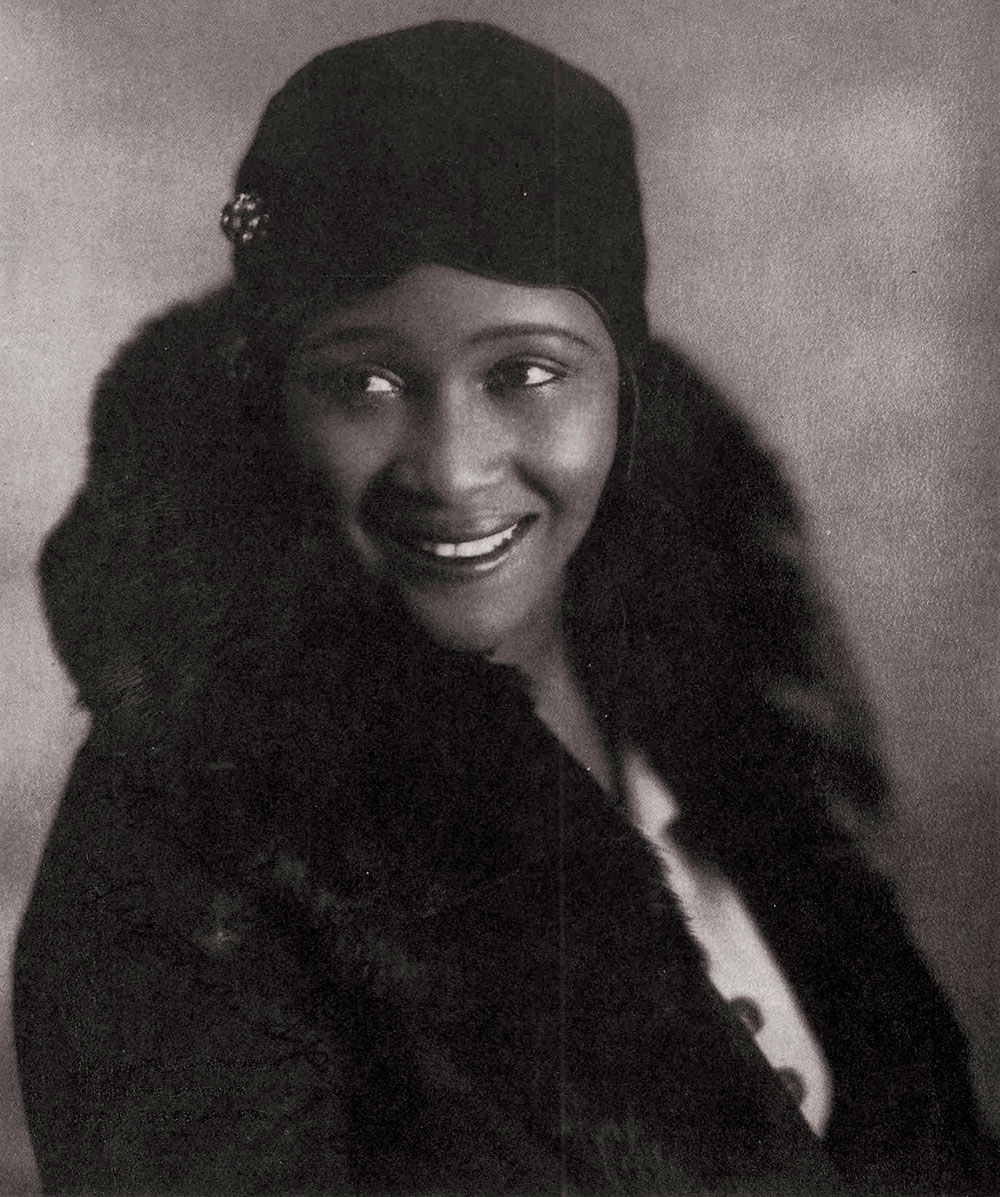Early Life and Musical Roots
Victoria Spivey, often called the “Queen of the Blues,” was born on October 15, 1906, in Houston, Texas. Growing up in a family of musicians, her father was a railroad flagman and singer, and her mother played the guitar. By age 12, she was performing professionally, initially in local Texas clubs and later on the vaudeville circuit. She quickly made a name for herself with her strong, expressive voice and knack for storytelling, which would become hallmarks of her career.
Rising Star of the Blues
In 1926, at the age of 20, Spivey recorded her first song, “Black Snake Blues,” which became an instant hit and remains one of her most recognized works. The song showcased her powerful vocal style, with raw, emotional lyrics about hardship, love, and betrayal. Signed by the record label Okeh Records, Spivey went on to record several popular blues hits, including “Dope Head Blues,” “Organ Grinder Blues,” and “Blood Thirsty Blues.” Her unique blend of storytelling and social commentary, often touching on taboo subjects, distinguished her in the blues genre.
Collaborations and Influence
Throughout her career, Victoria Spivey collaborated with some of the biggest names in blues and jazz. She recorded with the likes of Louis Armstrong, King Oliver, and even a young Bob Dylan in the 1960s. Her collaborations were not just musical but also served as mentorships. For example, she recorded with the legendary Lonnie Johnson, and her influence extended to later generations of musicians, solidifying her as a bridge between early blues and the emerging electric sound of the post-war era.
Personal Style and Legacy
Known for her no-nonsense personality and distinct sense of style, Spivey often wore eye-catching hats and gowns, embodying a larger-than-life persona that complemented her music. Her songs were fearless and addressed social issues, ranging from drug addiction to domestic abuse, far ahead of their time. This boldness made her a feminist icon in blues and one of the first women in the genre to openly discuss topics affecting her life and the lives of many others.
Spivey Records and Later Years
In 1961, Spivey founded her own label, Spivey Records, one of the first by an African American woman, which allowed her to take control over her music and provide a platform for other blues artists. Spivey Records became instrumental in reviving the careers of several blues legends and nurturing emerging talent. The label’s artist roster included big names like Big Joe Williams and a then-unknown Bob Dylan, whom she famously recorded alongside in his early career.
Enduring Influence and Recognition
Victoria Spivey’s career spanned over five decades, making her an indomitable force in the blues world. Her work has been celebrated for its uncompromising look at life, and she remains a pivotal figure in blues music history. Spivey’s bold spirit and contributions to the genre were posthumously honored, and her work continues to be revered by blues enthusiasts worldwide.
A Lasting Legacy
Victoria Spivey passed away on October 3, 1976, leaving behind an indelible mark on blues music. Her recordings, legacy, and influence remain as vibrant today as they were during her lifetime. Her story is one of resilience, innovation, and independence—an inspiration to generations of artists who follow in her footsteps.


Comments are closed